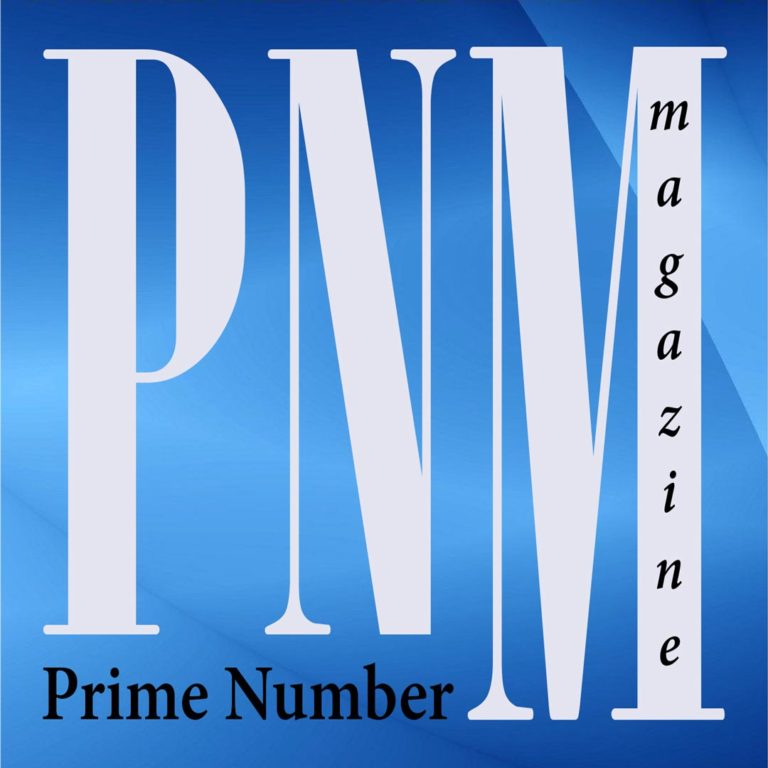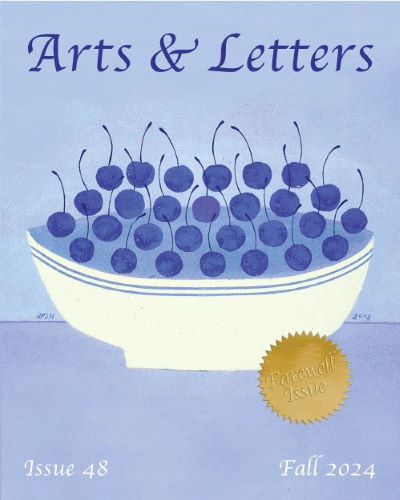Frequencies – Fall 2012
Volume 1
Fall 2012
Biannual
David R. Matteri
Frequencies, a new biannual journal published by Two Dollar Radio, is dedicated to delivering artful essays for your reading pleasure. This first issue only contains four essays and an interview with Anne Carson, but the quality of each piece makes this journal heavy with literary weight.
Frequencies, a new biannual journal published by Two Dollar Radio, is dedicated to delivering artful essays for your reading pleasure. This first issue only contains four essays and an interview with Anne Carson, but the quality of each piece makes this journal heavy with literary weight.
“Open Sesame” by Joshua Cohen puts a magnifying glass to the famous phrase used to gain access to the mythical mountain of treasures in Ali Baba and the Forty Thieves. Traces of the phrase “Open Sesame” appear in Western and Arabic folklore, but scholars can’t seem to agree on who coined it first. Cohen explains how the origin doesn’t really matter because all story tellers are like thieves who steal gold from the fabled mountain:
The mountain opens for the voice, the voice rolls away the sepulchral stone—reveals the truest treasure: emptiness, proverbial silver, metaphor’s gold, echo gleaming unisonous. The most valuable coin has always been with us, within us: the word, the call, whether shared, lent, borrowed, or stolen.
It is a fascinating look into the origins of words and a discussion of the universal power of storytelling.
Scott McClanahan offers a lively tour of his family tree in “A Short History of the McClanahan Family.” Here we meet numerous aunts and uncles (many with names that end in a long e sound) such as Uncle Leslie, who “kicked the fuck out of The Toughest Man in Fayette County,” and Uncle G, who tried to kill himself with a shotgun on Lake Erie. McClanahan’s wit is razor sharp as he recalls stories that are funny as hell and brutally honest. His family’s story is a human story rich with humor and tragedy, but most of all: “It’s a story full of death and dying, living and life, tits and ass and balls and dicks and pussy. It’s an old, old, old story that always begins—they begat and they begat and they begat.”
“Seven Interruptions of the Image” by Blake Butler combines photography and the written word into an emotionally charged work of art. This piece contains seven photographs associated with Butler’s aging father, who suffers from a form of dementia. Butler shows how he copes with this difficult time in his life with lucid imagery and raw emotion: “Any word spoken into him comes back malformed, spilled through little mazes behind his face, the corridors of those memory shuttles there slowly turning, growing fatter, bleeding into one another, toward one tone.” What I like most about this piece is the arrangement. The pictures come first, followed by prose, which encourages the reader to flip back and look at each picture again with fresh eyes. Overall a great piece that anyone with parents suffering from dementia can relate to.
My favorite essay in this issue is “The Magic Merge” by Tracy Rose Keaton. Part memoir and part history of rock and roll, Keaton analyzes the psychology of the groupie and shows how she tried to satisfy her fantasies during her teenage years and early adult life. Keaton writes with language that is punchy and visceral: “there is nothing like rock ‘n’ roll to rattle the mind’s pleasure center like an atomic vibrator.” She describes how bands and musicians like David Bowie, The Beatles, and The Pretenders have such a profound impact on thousands of young women yearning for sexual release or, in Keaton’s case, identity:
My dad had Bowie’s Hunky Dory LP, and I listened to it on headphones over and over in some dark corner, behind a rubber tree plant. I was literally trying to make the sound a part of me. It was almost as if by merging with my object of longing, I could be born again.
Keaton goes on to describe her estranged family and high school romance in great detail worthy of the Rock and Roll Hall of Fame. The fantasies she pursued only led to heartache and loss, but the power of the music instilled in her a greater sense of self-worth and molded her into a complete human being. Rock on.
Two Dollar Radio prides itself on putting forth publications too loud to ignore, and Frequencies is no exception. The next issue is scheduled to come out in spring 2013, so mark your calendars because this is a date you don’t want to ignore.
[twodollarradio.com]




